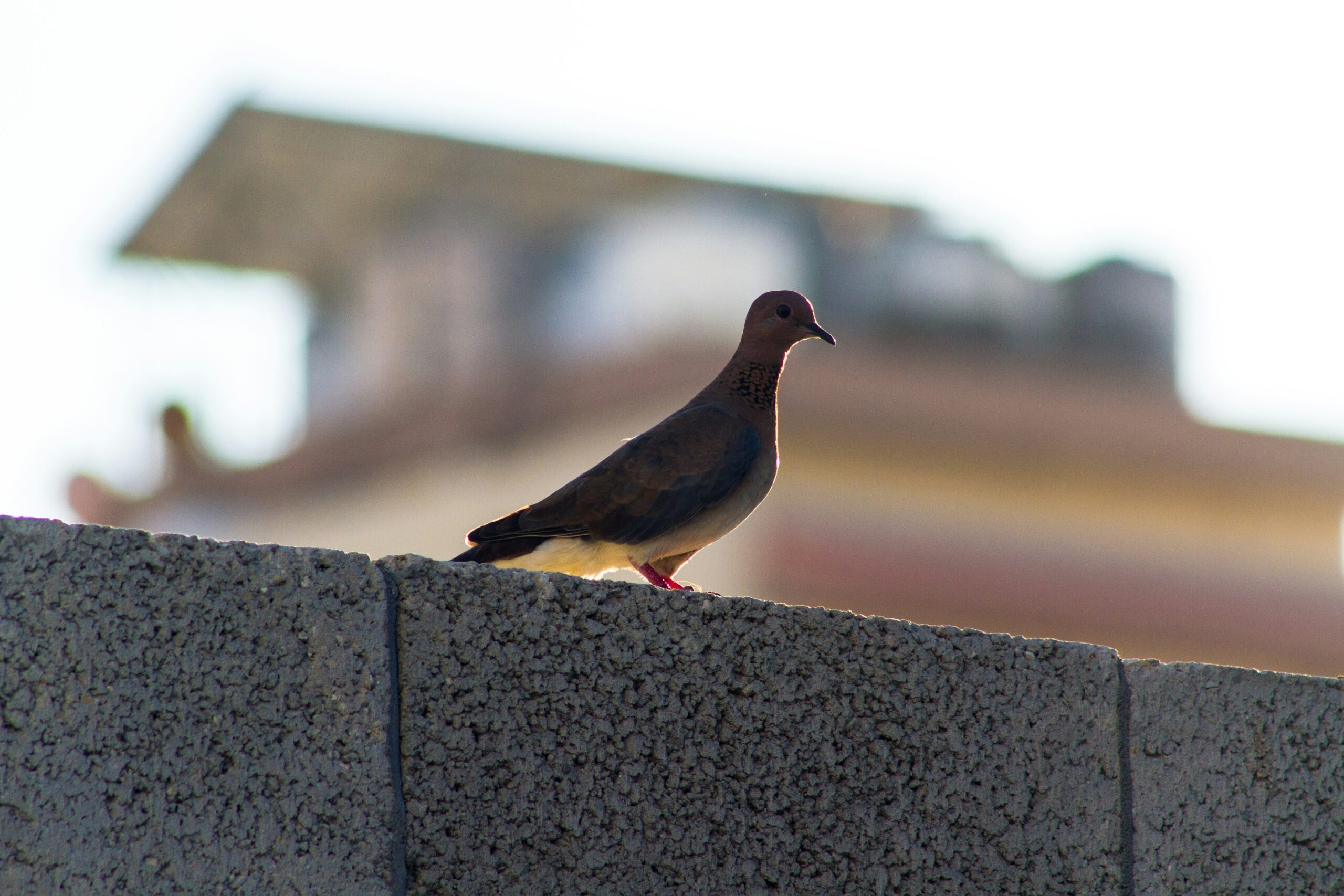The centre-right European Conservatives and Reformists Group in the European Parliament has been constituted. Nicola Procaccini (Fratelli d’Italia, Italy) and Joachim Brudziński (PiS, Poland) are the new joint leaders Assita Kanko (N-VA, Belgium), Hermann Tertsch (Vox, Spain), Alexandr Vondra (ODS, Czech Republic) and Charlie Weimers (Sverigedemokraterna, Sweden) are its deputy leaders. Meanwhile, Denis Nesci (Fratelli d’Italia) and Kosma Złotowski (PiS, Poland) have been elected as co-treasurers. …
Author: Our Staff Correspondent
Malta’s Failure to Tackle Corruption
Photo by Spruce on Unsplash Malta has not escaped some criticism from the EU in its annual rule of law report. The keenly awaited report from the Commission covers all Member States and none escape some criticism over the issue. These include the Maltese government which has found itself at odds with the…
Commission Approves State Aid for Nokian Tyres
The European Commission has approved under EU State aid rules some €99.5 million support for the Romanian company Nokian Tyres. The aid will support the establishment of a new zero carbon dioxide emission factory for passenger car tyres in Oradea. The measure will contribute to EU objectives, says the European Commission. This relates to job…
Hungary Criticised in EU Rule of Law Report
Paris Olympics Security
The Summer Olympics have finally ended – and so too has one of the biggest ever security operations France had ever seen. The Games are celebrated every four years as one of the world’s most unifying events but they are also one of the most extensive security operations in the world,posing a massive headache for…
EU Calls for Ceasefire
Photo by براء حبوش on Unsplash The European Union has repeated its call for a ceasefire in the Middle East conflict. It says it “fully supports” the call by the leaders of the US, Egypt and Qatar to “conclude the ceasefire and hostages and detainees release deal.” The move comes after Iran dismissed…
5 Stars Joins the Left Group
The Left Group in the European Parliament has decided to welcome Movimento 5 Stelle to its ranks. The Left and M5S say they have agreed to join forces with what they call “a reciprocal observer status.” A statement confirming the move said, “We are confident that we will cooperate in a constructive and productive way…
Emirates Airline Recruiting in Brussels
Photo by Toa Heftiba on Unsplash International airline Emirates is looking for candidates to join its multinational team of cabin crew. The Dubai-based airline is holding regular open days in Belgium, including one forthcoming session this month (20 August) in Brussels. The airline is looking for individuals who are “passionate about delivering simple…
EU Mobilises Support to Tackle Forest Fires
Photo by Filippos Sdralias on Unsplash Wildfires continue to affect multiple European countries this summer. Wildfires fanned by strong winds raged in parts of Greece and the Balkans this week, burning forests and homes while forcing the evacuation of a resort town in Albania. The region has seen above-average temperatures and dry conditions…
EU Signs Pharma Deal to Combat Diphtheria
Photo by Bermix Studio on Unsplash The EU has announced that it is taking urgent action to combat what it calls a clear cross-border health threat. The European Commission says it wants to tackle diphtheria in a timely manner. The Health Emergency Preparedness and Response Authority (HERA) has signed a joint procurement framework contract on…










